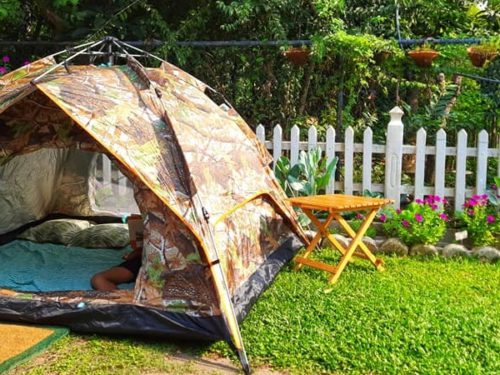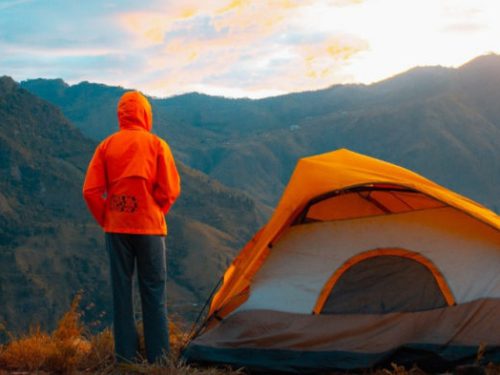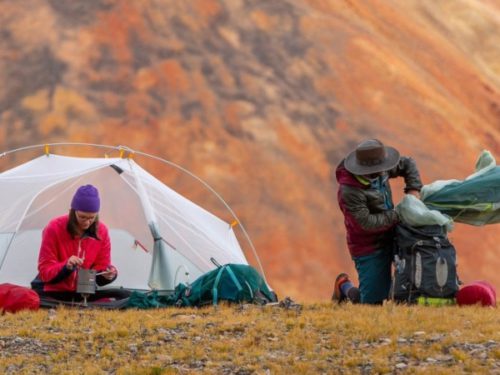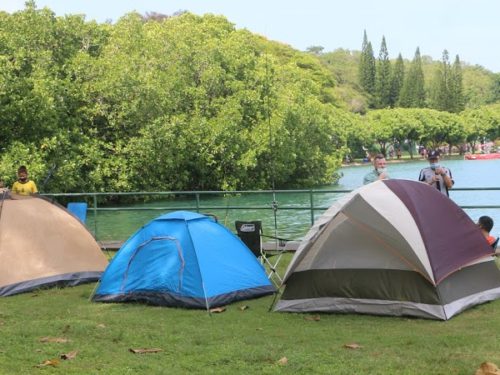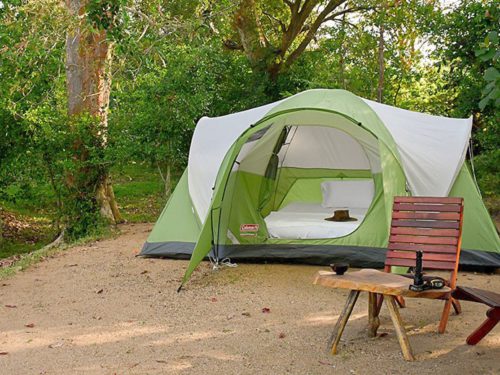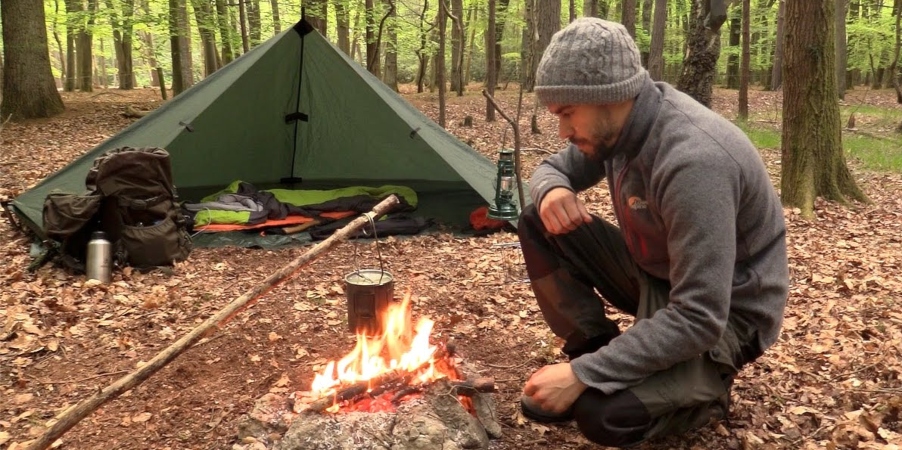
Are you planning your first solo camping trip? Do you need tips on solo camping for beginners? Then this blog post is for you.
Solo camping can be daunting and rewarding at the same time. It’s the perfect way to spend some quality time with yourself. And you get to be fully in charge of the adventure you have. But in some ways challenging as it requires more planning since you have to rely on yourself for everything. So, before hitting the trail, you need to consider some essential points that can ensure your solo camping safety.
Read on to learn about five solo camping tips for beginners:
1. Picking the right campsite
One of the most crucial aspects of camping solo is choosing a safe and comfortable campsite. Limit the risks you need to take by picking the right location. You have to do extensive research for that. Look for campsites on flat and even terrains with no presence of wild predators and poisonous plants. It’s best to avoid places that have too many bad reviews online. Don’t forget to obtain necessary permits that may be required for camping in that location.
2. Bring all the essentials
It’s risky to go camping on your own if you don’t have solo camping essentials with you. A first aid kit should be the first thing you pack. Your camping checklist should include weather-ready clothing, sleeping bag, tent, water bottle, food & water supplies, solo camping stove, bug spray, hiking boots, sunscreen, toiletry kit, map, headlamp, and a quick-dry towel. It’s important to stay organised when you are camping solo. So, avoid overstuffing and pack in only the essentials.
3. Plan your route
Before you leave home to go solo camping, take some time out to plan your route. Research the trails, get a good map of the camping area, and familiarise yourself with the landmarks. Include a rough estimate of the time it would take to reach your campsite. This way you’ll even be able to avoid encountering wild animals and other threats.
4. Share your plan
When planning to go camping alone, it is imperative to share your plans with friends and family. Somebody should always know where you’re heading to. There’s always the probability of accidents happening while outdoors. So, it is in your best interest to inform a couple of trustworthy people about your travel plans who can help you in case of an emergency. Do not forget to timely update your loved ones about your whereabouts. That way, it’s easier to send/receive help if something bad were to happen to you.
5. Check the weather
Be sure to check the weather forecast for your planned destination before starting your solo camping trip. See if any storms are expected or are there any weather warnings. Changes in weather can impact your packing list. You may have to add in or remove certain camping supplies and equipment. If your campsite forecast includes bad weather then it’ll limit the number of activities that you can do outdoors. It’s recommended to check reliable weather channels and websites a week before the start date of your trip.
Extra Tips:
- Bring a book to read
- Develop your camping skills
- Familiarise yourself with campground symbols and rules
- Learn to calm your mind
- Double up on your essentials
Final Thoughts
If you like the idea of camping solo then go for it. It is an experience you won’t ever forget. But be serious about it. In nature, there is no safety net. Meaning there’s little room for error in trip planning. So, it’s important to take some necessary precautions for your safety and the overall success of the trip.


